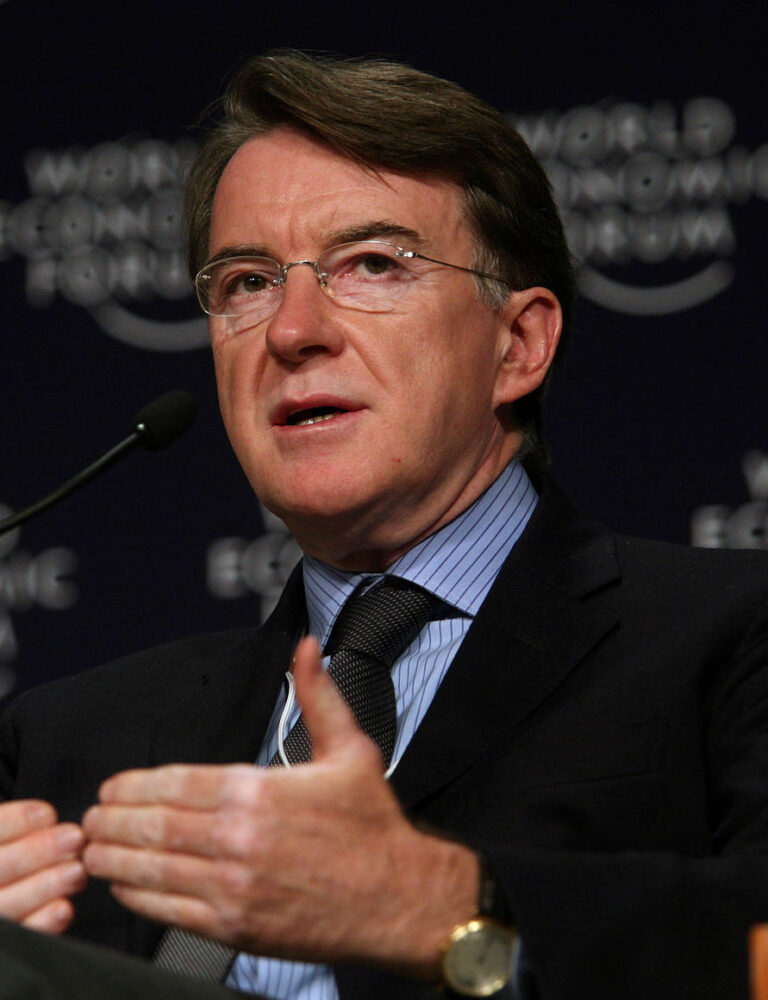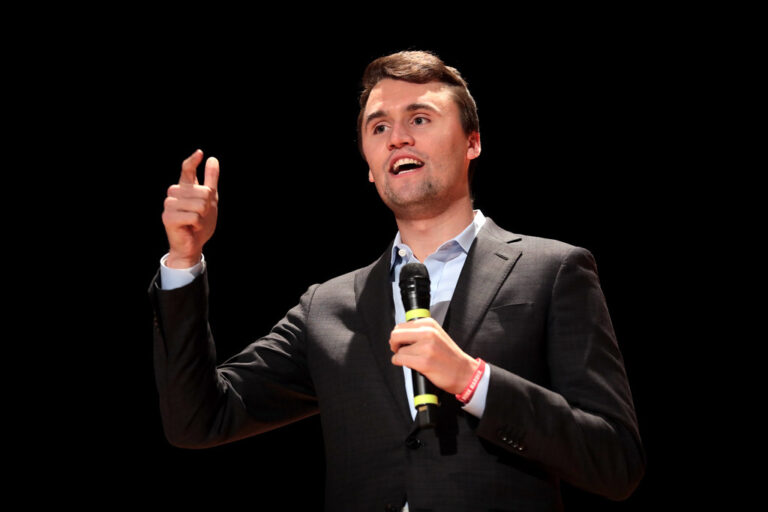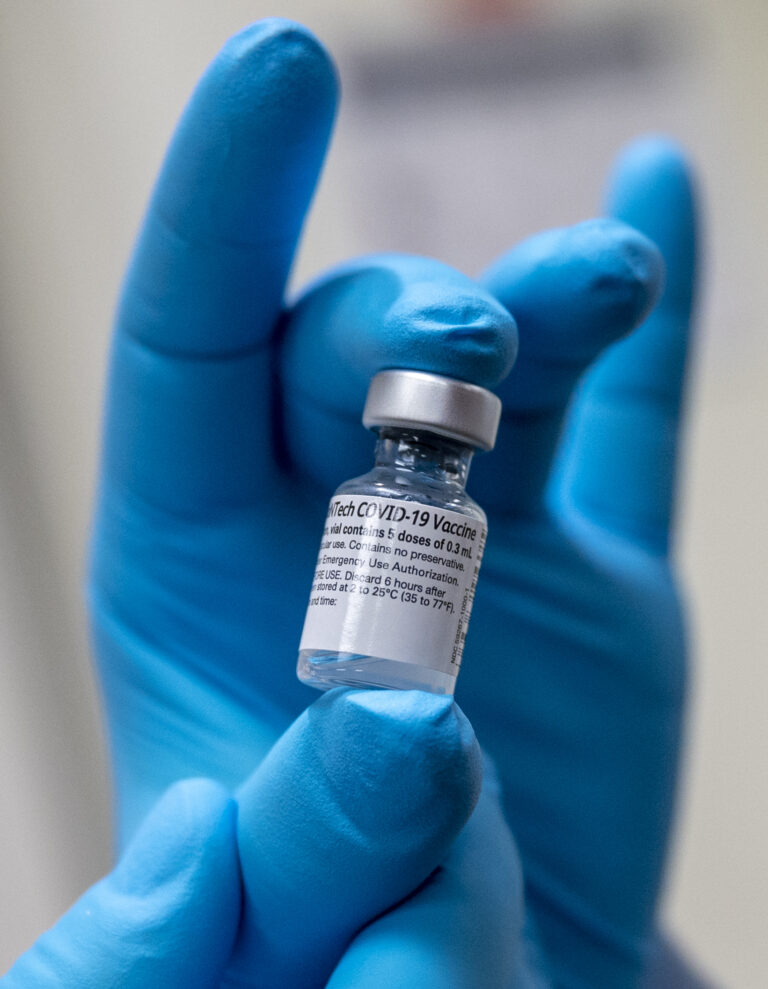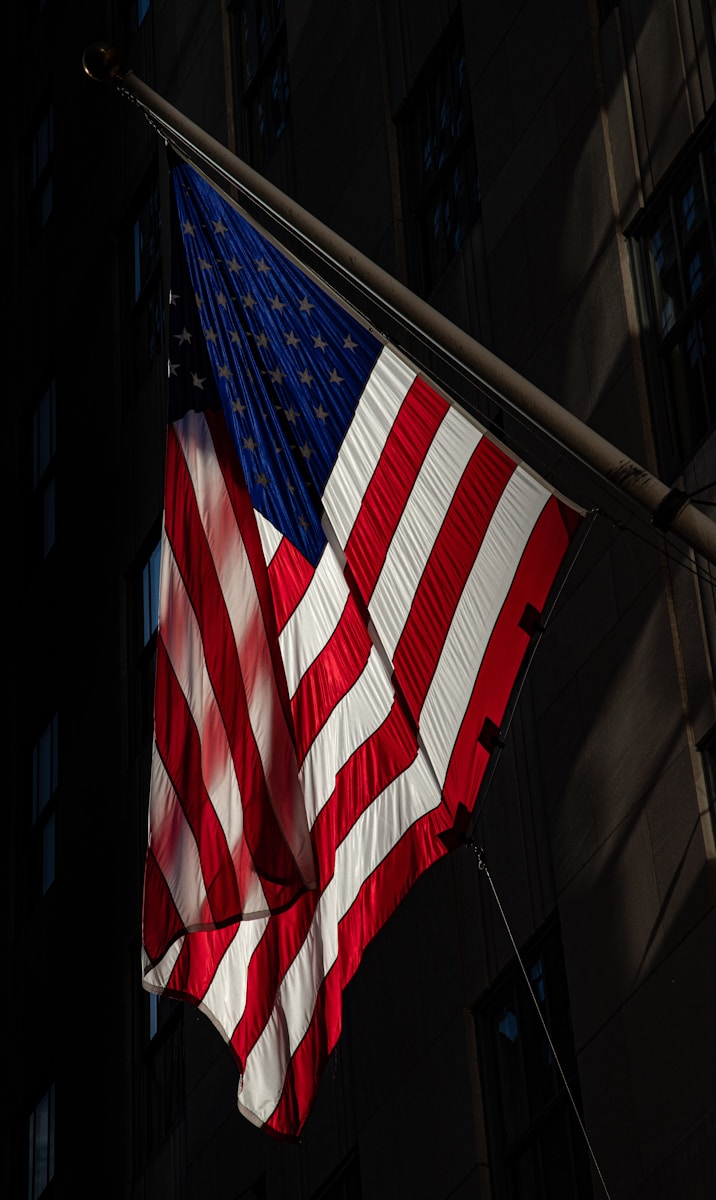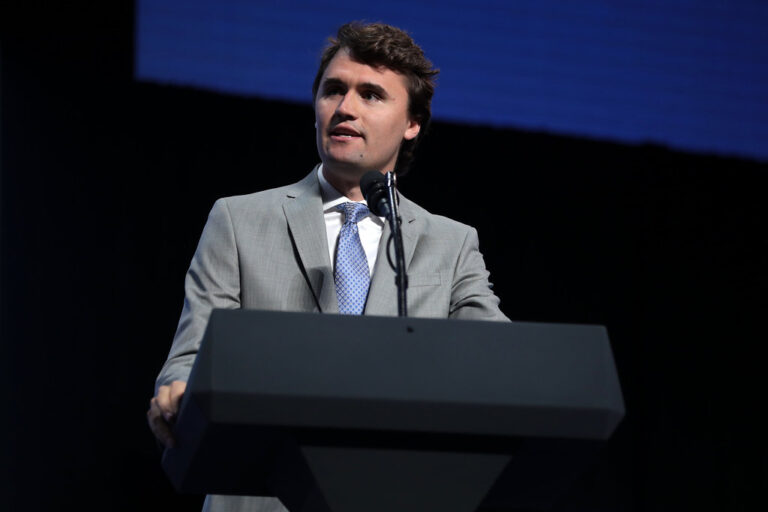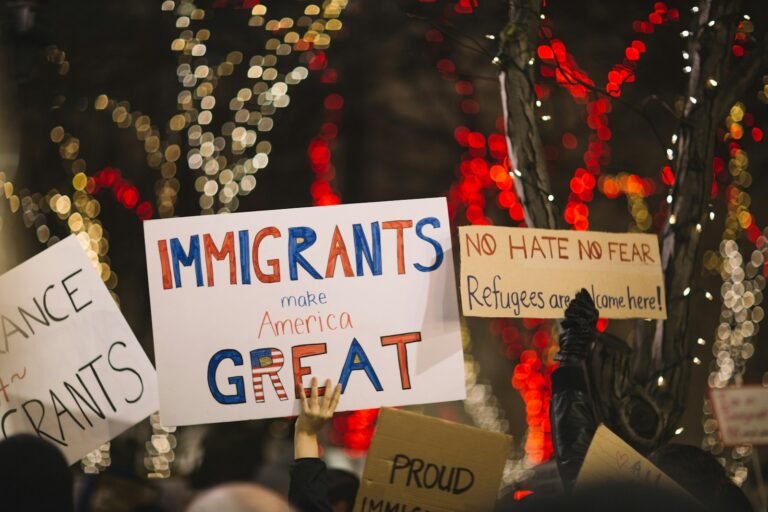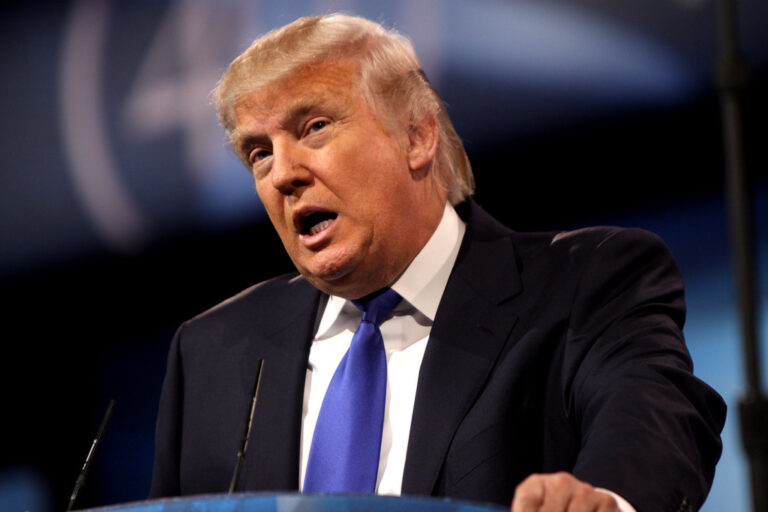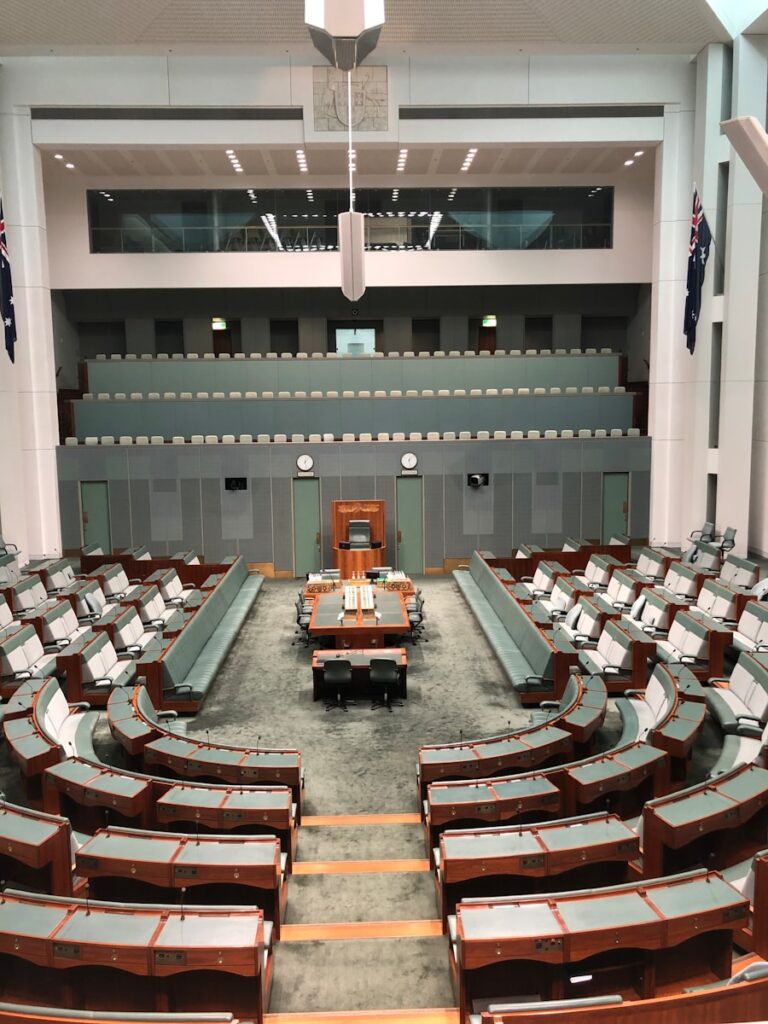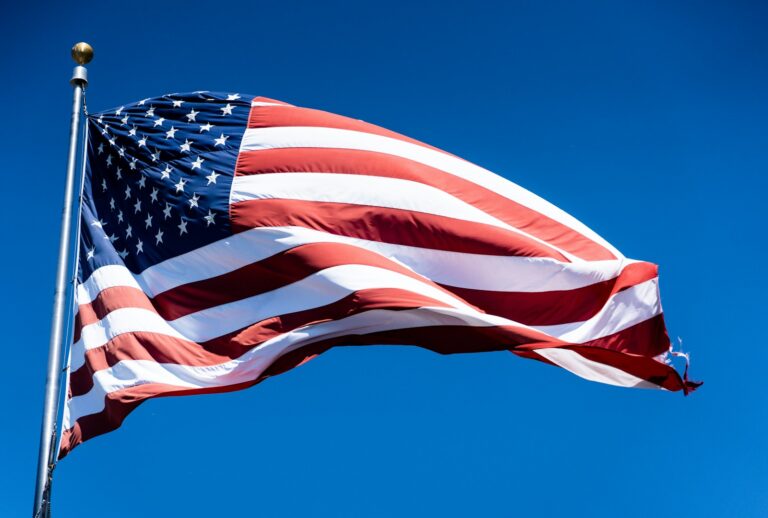Key Takeaways:
- Peter Mandelson has been removed from his role as UK ambassador to the US.
- A note found in Epstein’s “birthday book” referred to Epstein as Mandelson’s “best pal.”
- The scandal further pressures UK Prime Minister Keir Starmer’s government.
- Mandelson’s link to Epstein sparked public and political outrage.
Peter Mandelson Fired: A Friendship Too Risky?
In a move shaking British politics, Peter Mandelson was fired from his top diplomatic post as the United Kingdom’s ambassador to the United States. His close friendship with Jeffrey Epstein, a convicted sex offender, caused growing concern within the government and among the public. Once seen as a powerful political figure, Mandelson now faces backlash for his personal connections.
The scandal has added more trouble for UK Prime Minister Keir Starmer, who is already battling criticism on several fronts. So far, Mandelson’s dismissal is one of the most high-profile political dramas this year.
What Did the “Birthday Book” Reveal?
The incident that sparked Mandelson’s firing came when US lawmakers released part of Epstein’s personal records, known as the “birthday book.” This handwritten list had names, notes, and messages left by various friends and associates of Epstein over the years.
To everyone’s surprise, Peter Mandelson had written a birthday message describing Epstein as “my best pal.” This innocent-looking note became the center of a political storm.
The phrase confirmed what many suspected: Mandelson wasn’t just an acquaintance of Epstein but someone who held him in high regard. That simple message left serious questions about judgment, character, and accountability.
Why Peter Mandelson’s Epstein Link Matters
Although Jeffrey Epstein died in 2019, his legacy still affects many famous and powerful people. His crimes involving human trafficking and the sexual abuse of minors left a dark stain on anyone connected to him.
So when Mandelson’s note surfaced, the public reacted strongly. People want leaders who bring trust, not scandal. For someone serving as an ambassador—a face of Britain abroad—being close to someone like Epstein sends the wrong message.
More than just a personal mistake, the note painted an image that did not line up with the values expected from a diplomat.
The Timing Couldn’t Be Worse for the UK Government
Prime Minister Keir Starmer is already dealing with economic struggles, education complaints, and rising criticism. The UK public is asking for answers and solutions to real issues. Seeing one of his key appointees caught up in a scandal gave critics more ammo.
Opposition voices quickly began questioning Starmer’s leadership. If Mandelson had such close ties to Epstein all this time, why was he appointed in the first place? Did Starmer know about the “best pal” comment? These are the questions fueling the fire.
Worse still, it made the government appear careless or ignorant during a time when the public expects detailed background checks and clean track records from those in high positions.
A Political Career Now in Tatters
Peter Mandelson has long been a well-known name in British politics. He held several key roles in past governments and was often seen as a behind-the-scenes strategist. His return to high public office as ambassador was considered a bold move by Starmer—a signal of experience and stability.
Now, that decision seems like a major mistake.
After his firing, Mandelson has refused to speak in detail about the scandal. Some sources say he is “devastated” by the outcome. However, the damage is mostly done.
He may still remain active in smaller roles, but for now, the spotlight has faded—replaced by a cloud of controversy and ruined trust.
How the Public Reacted
Across the UK, reactions came fast and loud. On social media, citizens voiced anger and disbelief that someone with such a controversial friendship held such an important role.
Petitions were launched calling for more transparency in political hiring. Some even demanded a deeper investigation into other public officials who may have links to Epstein.
Public trust is hard to win—and very easy to lose. This scandal has reminded people that behind-the-scenes connections can often do real harm to a politician’s reputation.
Epstein’s Touch Still Toxic
Even years after his death, the name Jeffrey Epstein continues to haunt politics, finance, and celebrity circles across the world. Anyone with even minor links to him becomes subject to serious questions.
Peter Mandelson’s case proves that Epstein’s shadow hasn’t disappeared. It remains a painful reminder of how power can be misused—and how silence or small notes can come back to destroy a career.
Governments everywhere are learning the same lesson: association with criminals, even friendly ones, comes with a high cost.
Will This Change How Future Appointments Are Made?
It very well might.
As this latest scandal shows, background checks may not be enough. Today’s digital age has made it easier for the past to come to light. Emails, texts, and even handwritten notes—like Mandelson’s “best pal” comment—are part of the historical record.
Governments may now begin looking not just for criminal records, but also the nature of personal relationships. That’s especially true for public-facing roles like ambassadors, who represent entire nations.
This shift could lead to stricter scrutiny and better vetting practices.
The Keir Starmer Government Must Now Do Damage Control
For Prime Minister Keir Starmer, this firing is both a political setback and a chance to learn.
While removing Mandelson was necessary, the bigger challenge lies in rebuilding trust. Starmer must now prove he’s serious about accountability. Accepting responsibility for any oversight—and preventing future ones—will be key.
Critics will continue watching closely. For a leader, mistakes are expected, but repeated misjudgement is not acceptable.
Final Thoughts: A Lesson in Accountability
Peter Mandelson’s removal reminds us that in high-stakes politics, every friendship carries weight. While no one can control others’ actions, choosing who we associate with is always in our hands.
As the dust settles, this scandal acts as a lesson for all public officials. Transparency isn’t just about doing what’s right—it’s about being seen doing the right thing.
FAQs
Who is Peter Mandelson?
Peter Mandelson is a British politician who recently served as the UK’s ambassador to the United States. He has been involved in high government roles for decades.
Why did his connection to Jeffrey Epstein lead to firing?
A personal note calling Epstein his “best pal” caused outrage. This revealed Mandelson’s close friendship with Epstein and raised serious concerns about judgment and trust.
What does this mean for Prime Minister Keir Starmer’s government?
It adds more pressure. The public and opposition are questioning how such an appointment was made and whether proper checks were done.
Will there be more investigations into political figures linked to Epstein?
It’s possible. This incident might lead to deeper investigations and stricter vetting of public officials in the UK and beyond.

